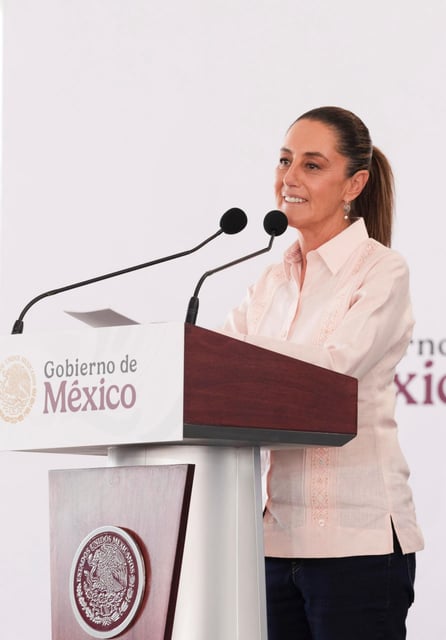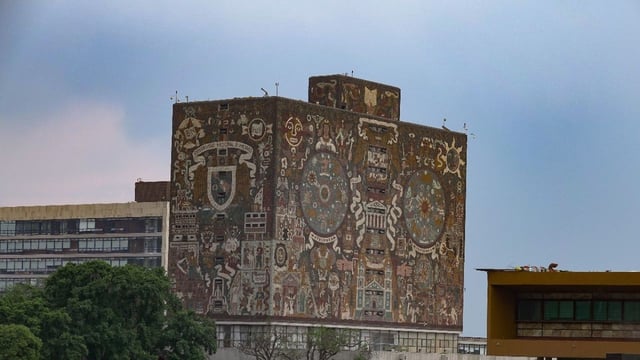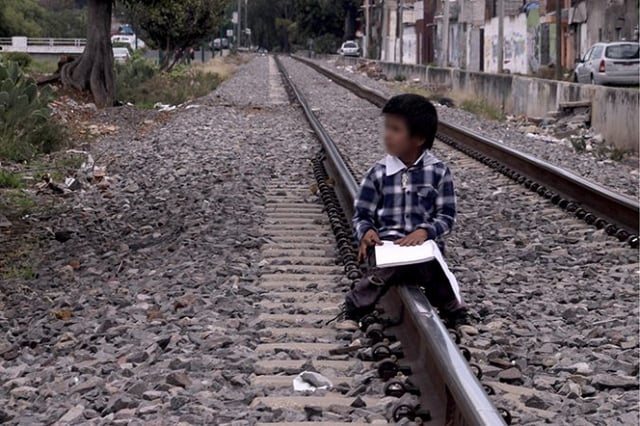Overview
- INEGI data show a reduction of around 13.4 million people from multidimensional poverty between 2018 and 2024, marking the lowest rate in four decades.
- The federal government attributes the decline to sustained minimum-wage increases, higher household incomes and expanded social-transfer programs.
- PRI leader Rubén Moreira and other opposition figures have requested INEGI president Graciela Márquez to testify before Congress over measurement methodologies and unaddressed service gaps.
- Experts warn that despite the headline poverty drop, 44.5 million people still lack medical services, 62.7 million remain without social security and social vulnerability rose to 32.2 percent.
- Indigenous-language speakers continue to suffer disproportionately, with 66.3 percent (5.3 million) living in multidimensional poverty, prompting questions about the durability of recent gains.



